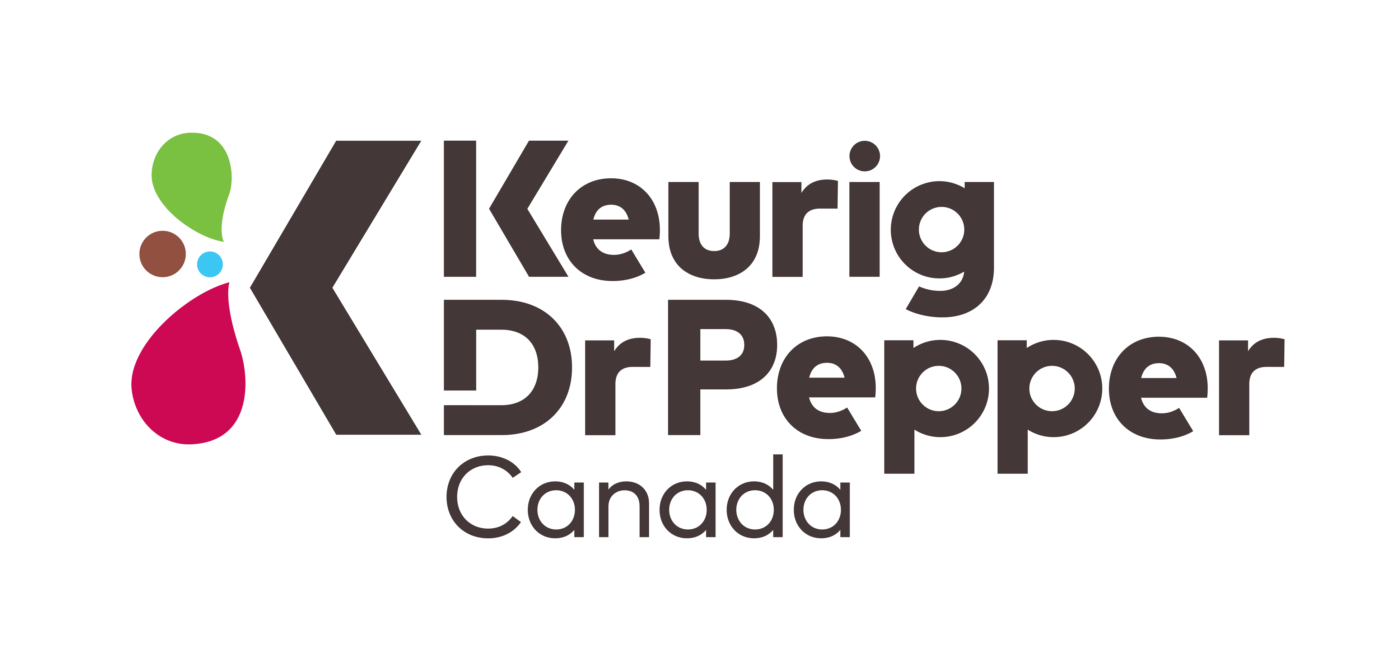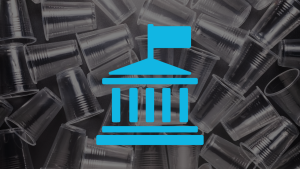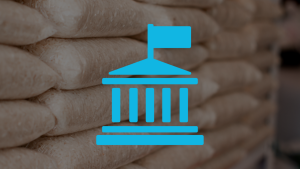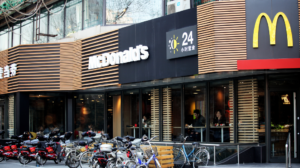Circular Demands Creating Circular Outcomes
Global Circular Manufacturing Actions Equals Local Recycling Benefits
It is widely recognized that a critical aspect to overcoming the global plastic waste issue is to create greater economic value to discarded plastic. For decades, recycling programs that collect plastics – whether packaging, carpets, or electronics – have been made financially viable because they are either subsidized by municipal taxes or paid for through producer obligation. Current and chronic low oil prices mean low virgin plastic prices, making the efforts and costs associated with collecting and cleaning recycled plastic a significant barrier to its demand in manufacturing.
Domestically, recycled “secondary” plastics output accounted for approximately CA$350 million in sales in Canada in 2016. In comparison with the sales of its primary resin competitor, it is 30 times smaller.
During a Waste Reduction Week in Canada presentation, Circular Innovation Council / Recycling Council of Ontario showcased champions that are taking action to advance Canada’s plastics circular economy, committing to create new demand and increase the value of post-consumer recycled (PCR) plastics. The conversation featured presidents of Keurig Dr Pepper Canada and Lavergne who shared details of their unique partnership that fosters a sustainable ecosystem that, despite various market realities, makes good on commitment to integrate PCR plastics into a globally manufactured product.
Founded in Montréal in 1919, Van Houtte has grown and transformed many times over the years to become Keurig Dr Pepper Canada. With Canadian headquarters in Montreal, Quebec, the organization employs 1,500 people from coast to coast. Their parent company, Keurig Dr Pepper, registered in 2019 a net worth of just over $42 billion. In 30 short years, Keurig has become one of the most highly recognized brands in the coffee and beverage industry in North-America.
Lavergne, founded in 1985 and headquartered in Anjou, Quebec, makes high-quality engineered resins from PCR plastics. Simply put, Lavergne takes plastic waste and transforms it into resin to be used in new products. To ensure reliable and consistent resins for manufacturing, they source their recycled plastic materials from different collection programs in the private sector, which is a sophisticated and ever evolving process.
Realizing a significant need to fulfill substantial demand, Keurig Dr Pepper challenged the plastic recycling industry, exploring whether it could find a reliable and long-term supplier of high-quality recycled plastic to incorporate PCR into its brewers. As it turns out, the answer to a global need was a local solution. Lavergne, a mere 10 kilometres north of Keurig Dr Pepper Canada headquarters, responded and their partnership began.
Keurig Dr Pepper and Lavergne’s collaboration was born out of a shared commitment to help build a circular economy and a willingness to actively support the demand for, and supply of high-quality recycled plastics. Keurig Dr Pepper found in Lavergne a strong supplier, and most importantly, a reliable partner that could help its shift toward circular manufacturing and business practices, and make good on its commitment to increase its use of recycled materials. The collaboration between the two companies made it possible for Keurig Dr Pepper to launch on the Canadian market its first coffee makers made in part with PCR plastic: the K-Mini and K-Mini Plus in black, which contains 20% and 30% PCR plastic respectively.
According to the Coffee Association of Canada 72% of Canadians aged 18-79 – approximately 22 million people – enjoy a daily coffee. Of those that have a brewer at home, nearly 50% are single-cup brewers, and 67% of those are manufactured by Keurig Dr Pepper.

Consequently, the size of the opportunity and the impact on plastic waste and its value is clear, especially knowing that the two coffee makers are among the most affordable and popular within the Keurig portfolio. Keurig Dr Pepper has also committed to integrating 30% PCR across its packaging portfolio, and has already initiated some major shifts. For instance, CORE and Snapple brands will both be transitioned to 100% recycled PET bottles, involving the buying/use of 21,000 tonnes of PCR (PET) a year. For perspective Ontario’s Blue Box Programs collected 51,244 tonnes of PET for recycling in 2019.
Today, Lavergne works hand in hand with Keurig Dr Pepper and several other large companies that have made similar PCR commitments, such as HP and Dyson. This new and unprecedented demand from corporate leaders has led to Lavergne to expand its operations and capacity, adding two new production lines to the Montreal plant. Lavergne is opening a new plant in Belgium and expanding its existing facility in Da Nang, Vietnam.
The move towards circular practices certainly does not happen overnight for a company the size and scale of Keurig Dr Pepper Canada, and both presidents were forthcoming about their start-up obstacles: overcoming logistical, quality, and supply issues. What they have been able to prove to themselves – and to supply chains around the world – is that circular markets require circular suppliers and the quickest path is to establish the right circular demands. And this is just a first step, as Keurig Dr Pepper intends to expand the PCR utilization to more coffee maker models in the years to come, and increase the proportion or recycled plastic in them. Lavergne and Keurig Dr Pepper are also working on integrating plastic from reclaimed Keurig coffee makers into the recycled resin that will be used to manufacture new Keurig machines in a truly circular way.
The upshot of the conversation took us back to the basics of what we already know, and often overlook and understate: advancing the circular economy requires parallel measures that occur simultaneously with demand for products that deliver on new definition of value. Collaboration across the value chain is also critical to enable systemic change.
The recent launch of the Canada Plastics Pact, of which Keurig Dr Pepper Canada is a founding signatory and Circular Innovation Council | Recycling Council of Ontario is an implementation partner, is one more example of how the movement is growing.
By making a critical shift to transition toward a sustainable business model and rethinking product design to incorporate PCR resins, Keurig Dr Pepper Canada has generated a ripple effect that, above all other measures, regulatory or otherwise, directly accelerates circular markets to give new value to plastic that would otherwise be lost to disposal.
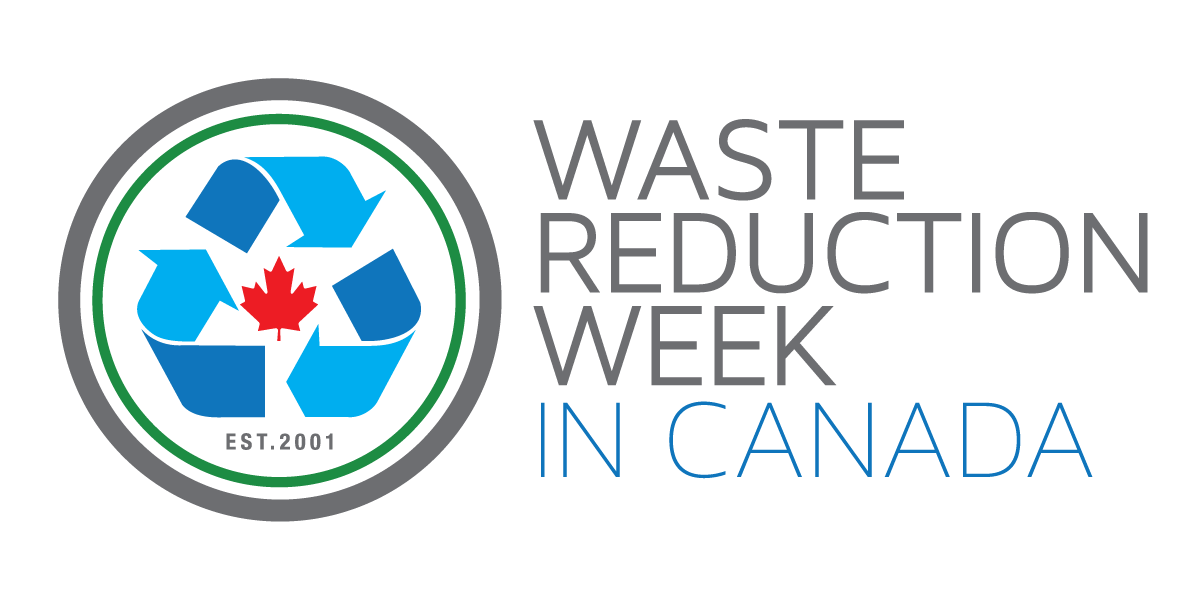
This article is part of the ongoing Plastics Thursday programming of Waste Reduction Week in Canada. For 2020, we were pleased to welcome and introduce Keurig Dr Pepper Canada as a lead partner of Waste Reduction Week in Canada and Plastics Thursday.
